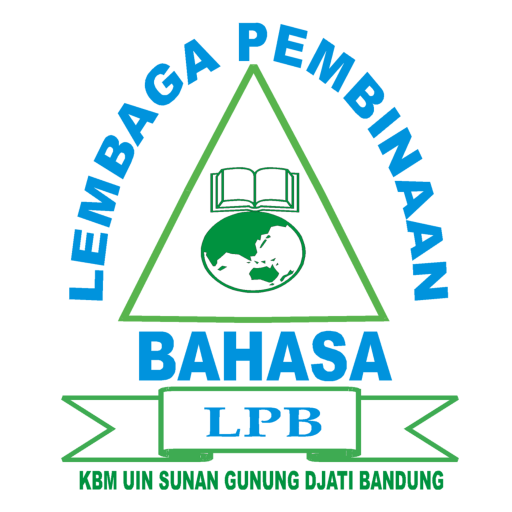Saat mempelajari sesuatu, tanpa terkecuali dalam mempelajari sebuah bahasa, ada banyak media yang dapat digunakan untuk mendukung keberhasilan pembelajaran tersebut. Setiap orang mempunyai kecenderungan atau cara belajar favoritnya masing-masing, seperti membaca, menonton, mencatat, mempraktikan atau mendengarkan materi yang sedang dipelajari.
Hal ini sejalan dengan pendapat Deporter dan Hernacki (2011) yang menamai kecenderungan itu dengan sebutan ‘gaya belajar’. Menurut mereka, gaya belajar merupakan suatu kombinasi antara bagaimana cara seseorang menyerap dan mengatur/mengolah informasi. Salah satu gaya belajar yang banyak digemari adalah dengan mendengarkan podcast, audio book, dan lain-lain. Hal ini terjadi akibat didukung oleh teknologi yang kian hari semakin canggih, sehingga fasilitas-fasilitas yang menunjang proses pembelajaran pun semakin mudah untuk diakses.
Buat LPBers yang senang dengan gaya belajar auditori dan gemar mendengarkan musik atau lagu di platform tertentu, hal ini bisa dimanfaatkan untuk sambil menyelam minum air loh! Alias menekuni kegemaran sambil belajar. Dengan begitu, lagu-lagu yang didengarkan tidak hanya dimanfaatkan untuk menghibur diri atau meluapkan suasana hati yang sedang dirasakan. Namun, lirik-lirik yang digunakan dalam lagu itu juga bisa dijadikan sebagai sebuah bahan pembelajaran yang dapat kita kaji.
https://soundcloud.com/maheshradhikamohan/bruno-mars-count-on-me-piano-cover
Lagu dengan genre folk tropical ini pasti sudah tidak asing lagi bagi LPBers. Meskipun dirilis pada tahun 2011, lagu ini masih tetap hits dan didengarkan oleh banyak orang hingga saat ini. Kalian juga pasti tidak asing dan hafal dengan lirik yang satu ini:
You can count on me like 1, 2 ,3.
Ternyata kata count on adalah sebuah idiom loh LPBers, yang artinya rely on someone or something alias bergantung pada seseorang atau sesuatu, atau lebih singkatnya ‘mengandalkan’. Jadi memaknai liriknya bukan “Kamu bisa menghitungku” ya, tapi “Kamu bisa mengandalkan ku”.
2. Love Yourself by Justin Bieber
https://en.wikipedia.org/wiki/Love_Yourself
Lagu yang sempat booming ini dirilis pada tahun 2015 dan merupakan salah satu single yang termasuk dalam album Purpose milik Justin Bieber. Lagu ciptaan Ed Sheeran ini ternyata mengandung idiom loh di dalamnya. Kalian pasti ingat lirik di awal lagu ini:
For all the times that you rain on my parade
Frasa ‘rain on my parade’ adalah sebuah idiom yang artinya to ruin someone’s plan alias merusak
rencana seseorang bukan ‘hujan di parade saya’ ya LPBers.
Jika dilihat-lihat kembali cukup sulit ya LPBers untuk memahami idiom-idiom Bahasa Inggris yang amat sangat berbeda dengan arti literal dari kata-kata yang menyusunnya. Untuk itu, yuk biasakan diri untuk terbiasa dengan atmosfer Bahasa Inggris itu dengan cara mendengarkan western songs, menonton film atau series western, atau membaca tulisan yang berbahasa Inggris. Karena untuk bisa memahaminya kita harus terbiasa dan mengetahui dalam konteks apa dan bagaimana para native speaker menggunakan idiom-idiom tersebut.
Author: Bening Nur Annisa/Kontributor
Penulis merupakan mahasiswa jurusan Sastra Inggris UIN Bandung dan anggota LPB angkatan Red Lotus.
Editor: Hasna Fadlilah Wahab


















